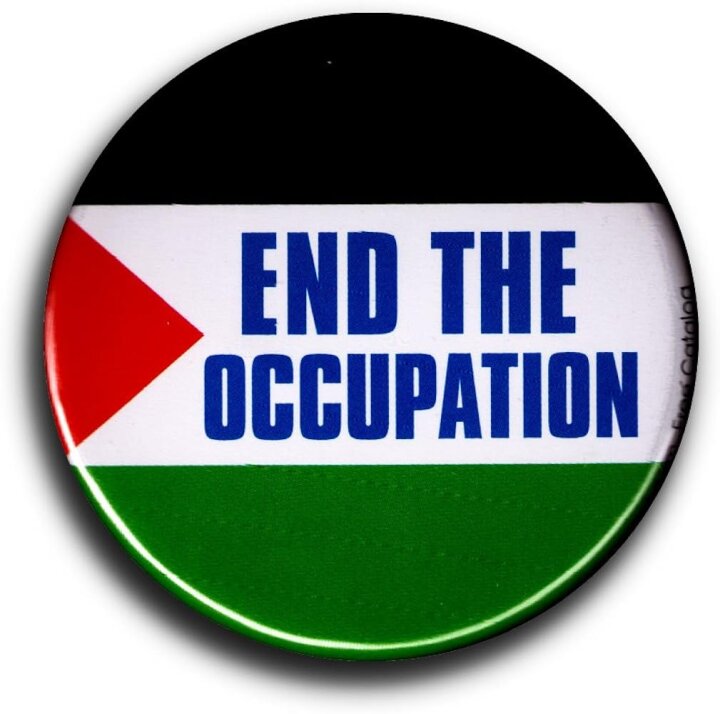Before June 1967 when Egypt controlled Gaza and Jordan controlled the West Bank, did anybody ever talk about the "occupation" of Palestinian land?
Discussions about the "occupation" of Palestinian territories typically became prominent after the Six-Day War in June 1967, during which Israel captured the Gaza Strip from Egypt and the West Bank, including East Jerusalem, from Jordan. Prior to this event, the terminology and framing of the situation in the Palestinian territories might have differed, but concerns about sovereignty, self-determination, and the rights of Palestinians were certainly present.
Before 1967, the Palestinian territories were under the control of Egypt and Jordan, but the term "occupation" as it came to be understood after the Six-Day War was not necessarily widely used in the same context. Instead, there were discussions about the status of the territories and the desire for Palestinian self-determination, often framed within the broader context of Arab-Israeli relations and the conflict over the establishment of the state of Israel in 1948.
However, it's important to note that concepts related to occupation, colonization, and sovereignty have been part of discussions about Palestine for much of the 20th century, particularly as various powers exerted control over the region. The terminology may have evolved over time to reflect changing political circumstances and perspectives.
Before 1967, the Palestinian territories were under the control of Egypt and Jordan, but the term "occupation" as it came to be understood after the Six-Day War was not necessarily widely used in the same context. Instead, there were discussions about the status of the territories and the desire for Palestinian self-determination, often framed within the broader context of Arab-Israeli relations and the conflict over the establishment of the state of Israel in 1948.
However, it's important to note that concepts related to occupation, colonization, and sovereignty have been part of discussions about Palestine for much of the 20th century, particularly as various powers exerted control over the region. The terminology may have evolved over time to reflect changing political circumstances and perspectives.





